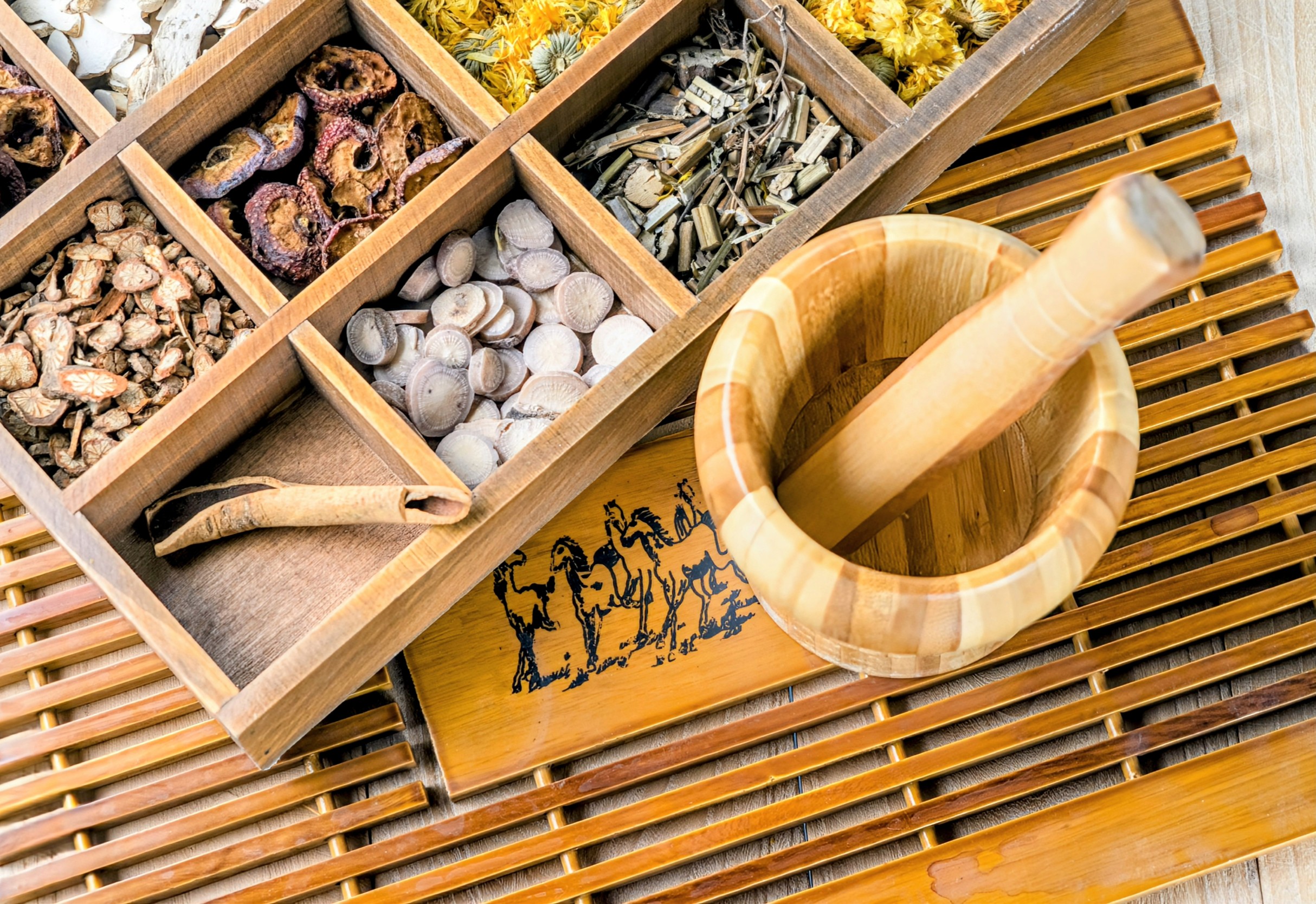
Dementia research is entering a new era as more focus and resources are directed toward finding the right treatments to combat this complex condition.
While much of this search revolves around cutting-edge drugs, it is fascinating to see that potential solutions might be hidden within traditional medicine.
Dementia, a debilitating condition that impacts both cognitive and motor functions, is primarily associated with older adults and is often viewed as an inevitable consequence of aging.
However, it’s not merely the passing of time that triggers its onset, but rather a multitude of complex factors such as genetics, environmental influences, and lifestyle.
There is an urgent need for a therapeutic breakthrough to prevent or at least slow down dementia’s progression, especially as populations worldwide continue to age rapidly.
On the brighter side, a dedicated group of researchers in the Graduate School of Medicine at Osaka Metropolitan University is making promising strides in the search for new solutions.
The research dives into the realms of traditional Chinese medicine, an area rich with ancient knowledge and healing practices.
Their findings are quite encouraging, to say the least, and may hold the key to a revolutionary approach to dementia prevention.
The researchers focused on the dried seeds of Ziziphus jujuba Miller var. spinosa, a type of jujube that is widely used in traditional Chinese medicine.
The team administered hot water extracts of the dried seeds to mice with various diseases — including Alzheimer’s, frontotemporal dementia, Parkinson’s disease, and dementia with Lewy bodies.
Remarkably, the researchers discovered that the treatments resulted in significant restoration of cognitive and motor functions.
Even more intriguing was when these seeds were crushed into a powder form and given to the model mice. The cognitive function of these mice improved to a level exceeding that of the control group.
The effects didn’t stop there. The powders also seemed to suppress cellular aging in older mice and boosted their cognitive functions to match those of their younger counterparts.
Often called sour jujube or spindle jujube, Ziziphus jujuba Miller var. spinosa is a tree that originally hails from East Asia, especially China.
What makes it stand out are its thorny branches and the small, oval fruits that shift from green to a rich reddish-brown as they ripen.
This tree does really well in dry and semi-dry areas and can handle different types of soil and climates, making it super resilient even in tough conditions. Its ability to survive droughts is a big reason why it’s grown in so many different places around the world.
People have been loving Ziziphus jujuba var. spinosa for centuries because it’s so versatile in both cooking and medicine.
The fruits are pretty sour on their own, but when dried, they’re fantastic in teas, desserts, and traditional dishes, adding a unique kick to all sorts of recipes.
Plus, the fruits and other parts of the tree are a staple in traditional Chinese medicine. They’re believed to help improve sleep, boost the immune system, and provide antioxidants, making them a go-to ingredient for herbal remedies that promote overall health and well-being.
Growing Ziziphus jujuba var. spinosa comes with a bunch of perks, both economically and environmentally.
Farmers love that it doesn’t require a lot of maintenance and can still produce fruit even when conditions aren’t perfect, ensuring a reliable harvest.
On top of that, the tree helps prevent soil erosion and improves soil quality thanks to its extensive root system.
This was not the research team’s first successful venture into the world of traditional medicine.
They had previously noted memory and motor function improvements in dementia mice models when using the Hawaiian herb mamaki and the Chinese herb Acorus gramineus.
“The results of our research will hopefully make it possible to develop dementia prevention products that middle-aged and elderly people can take at their own discretion,” said Professor Takami Tomiyama of Osaka Metropolitan University’s Graduate School of Medicine.
Published for review in the journal eLife, the findings mark a substantial leap toward developing vital dementia drugs, drawing from the vast knowledge of traditional herbal medicine.
As researchers investigate traditional Chinese medicine, a promising new frontier is emerging at the intersection of age-old wisdom and cutting-edge science.
Unlike synthetic drugs, which often target specific molecular pathways, herbal remedies typically involve a complex mixture of active compounds that can influence multiple systems within the body.
This complexity poses a challenge for scientific analysis but also offers an opportunity to explore treatments that work in harmony with natural biological processes.
In the case of Ziziphus jujuba seeds, for example, the potential to improve cognitive function without significant side effects has sparked interest beyond academia.
Researchers are increasingly interested in whether these herbal treatments could evolve into widely accessible, over-the-counter supplements for dementia prevention.
If successful, these innovations could provide more affordable, preventive care options to populations at risk of dementia. This could transform the landscape of brain health and aging.
This study from Osaka Metropolitan University represents a pivotal step in that direction, encouraging more scientists to investigate ancient practices that may hold solutions for modern health challenges.
By validating the efficacy of traditional herbs through rigorous testing, researchers are paving the way for a new wave of dementia therapies that bridge the best of both worlds: the depth of traditional knowledge and the precision of modern science.
The study is published in the journal eLife.
—–
Like what you read? Subscribe to our newsletter for engaging articles, exclusive content, and the latest updates.
Check us out on EarthSnap, a free app brought to you by Eric Ralls and Earth.com.
—–
